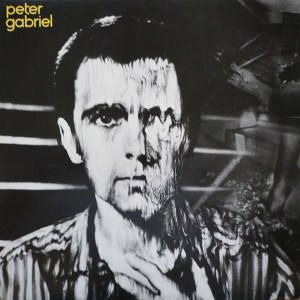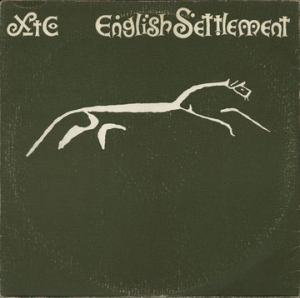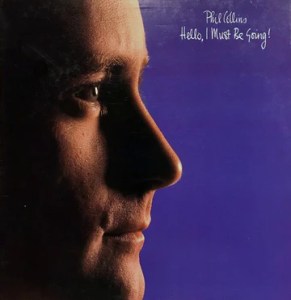
More of the Music of Phil Collins
There may be some hope for Hello, I Must Be Going! (1982), but Phil’s third album, 1985’s No Jacket Required, sounds digital and way too heavily processed. I suppose not many albums from 1985 weren’t, but it’s still an unfortunate development for us audiophile types who might’ve wanted to enjoy these albums but are just not able to get past the ridiculously bad sound. (If we ever do a listing for it, you can be sure it will go right into our Hall of Shame.)
Fortunately, the recording quality of this album is still analog and can be excellent, thanks to hugely talented engineer and producer Hugh Padgham (XTC, Peter Gabriel, Genesis, The Police, Yes, Emerson, Lake & Palmer, etc.). On this copy, the sound is nothing short of superb.
Check out Phil’s take on Tomorrow Never Knows for some heavily reverbed vocal effects, complete with a slew of backwards psychedelic sounds. If anybody can play the weirdly syncopated rhythms of TNK, it’s Phil Collins.
Whomp!
Until we heard some of the better copies, we were never able to appreciate just how important bass definition and weight are to the sound of this record. When the bass is wooly or thin, as it is on so many copies — not clear, not deep, not full enough — it throws the rest of the mix off.
When the bass is huge and powerful, the music itself becomes huge and powerful.
The copies with the big bottom end are the only ones that really make you sit up and take notice of just how big the sound is. The best Hot Stamper pressings will be Demo Discs for Bass on big speakers at loud levels. Here are some others you may enjoy reading about.
After moving into our new custom-built studio and spending a few months optimizing the room treatments, we now have even more transparency in the mids and highs, while improving the whomp factor (the formula goes like this: deep bass + mid bass + speed + dynamics + energy = whomp) at the listening position.
There’s always tons of bass being produced when you have three 12′ woofers firing away, but getting the bass out of the corners and into the center of the room is one of the toughest tricks in all of audio.
Transparency Is Key
Phil’s lead and harmony vocals are both breathy and present on the best copies, with natural, not hyped-up, texture, and harmonics. This is especially important for the love songs.
The many ballads on the album — This Must Be Love and If Leaving Me Is Easy are two of our favorites — don’t work unless the sound is intimate and immediate.
Only the best pressings have the high-resolution, full-bodied sound that allows both the rockers and the ballads to sound their best.
If you’re a fan of big drums in a big room, with jump out of the speakers sound, this is the album for you.
(more…)









